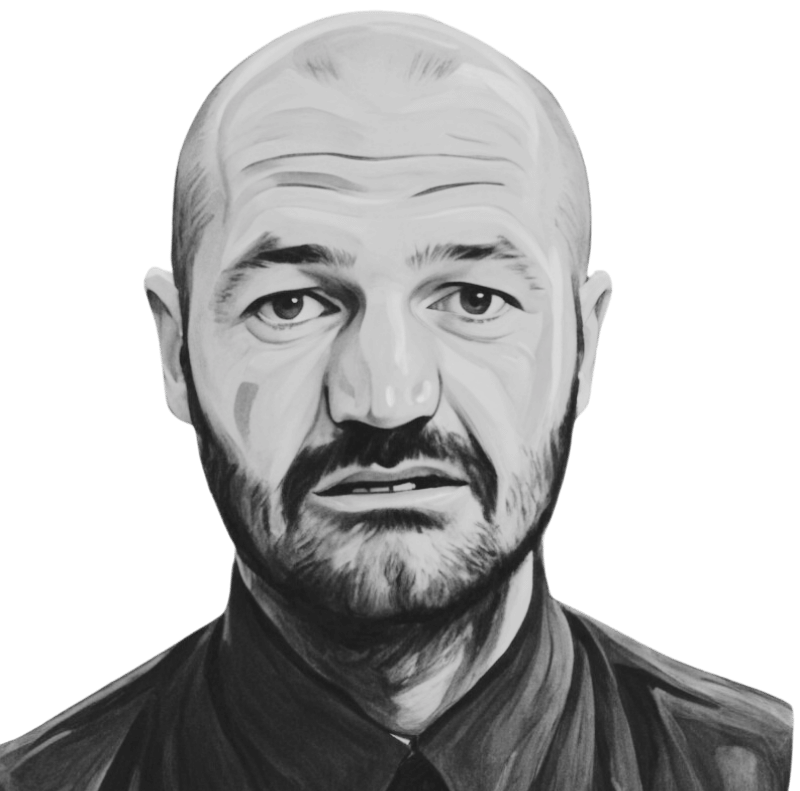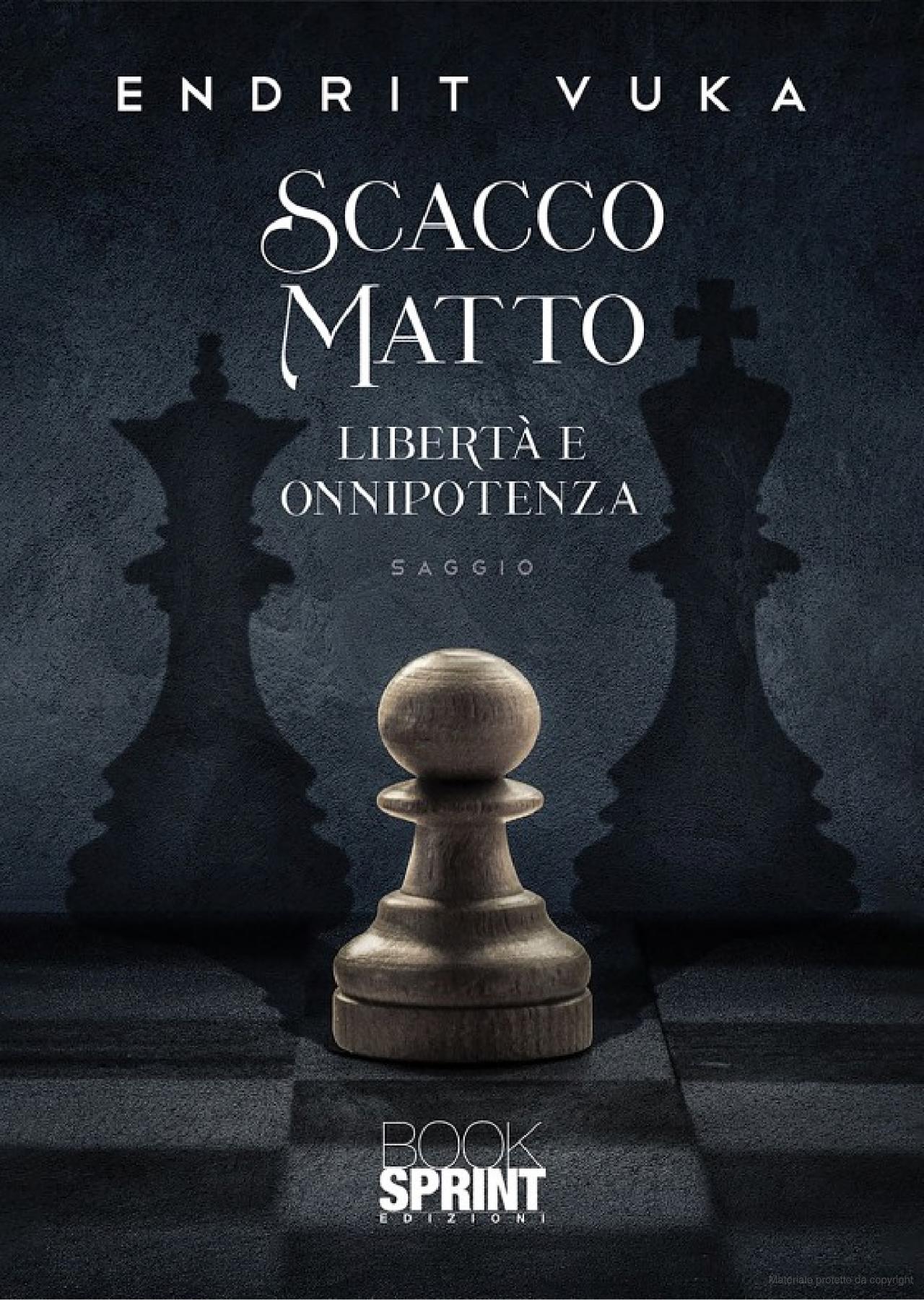Endrit Vuka
PHYSICS, PHILOSOPHY AND RELIGION


Biography
Biography
Endrit Vuka was born in Albania on June 15, 1985.
The youngest of three children, he had the opportunity to pursue his education in Italy from an early age.
In 1997, he joined his father, who had emigrated to Italy, initially settling in Mantua.
Later, in the early 2000s, he moved to Modena, where he completed his secondary education.
Meanwhile, as a hobby, he read a book on logical paradoxes.
This book sparked his interest in philosophy and logic, leading him to discover a paradox that had not been identified before.
During his formative years, he also nurtured a strong passion for physics as an academic subject.
Around May 2012, he found a solution to this unique paradox and has since sought to interpret, with reasoning and precision, what he perceives.
To be more specific, he developed several critiques in the fields of physics and philosophy, particularly targeting the works of A. Einstein.
Towards the end of 2019, he personally met the author of the book on paradoxes he had read during his schooling.
The author invited him to write his own works as well.
Reflections
Reflections

Fisica
In Scacco Matto, Endrit Vuka reflects on M-theory not only as a physical speculation but as a path to grasp the underlying design of reality. “M” stands for “mother”: the origin of all principles governing the universe, guiding us toward the unification of order and disorder.
Two constants are in tension: the second law of thermodynamics, which drives toward disorder, and emergent order, which also grows without limit. These forces are not opposing but complementary, like currents that shape the flow of understanding.
Jim al-Khalili discusses this in Order and Disorder. I would tell him that this order is “understanding”: disorder is the ground that God, in withdrawing, leaves us to seek understanding.

Filosofia
Philosophy and religion, though following distinct paths, engage in dialogue in their exploration of the divine. Einstein’s “Spinozian God” reflects the tension between order and uncertainty, embodied in his exchange with Bohr: “God does not play dice” versus “You cannot tell God what to do.”
This exchange symbolizes the meeting of logic and metaphysics. If God is absolute logic, He liberates through understanding, uniting order and emancipation. Divine sacrifice is not for humanity but for knowledge, demanding a rational and speculative approach.
Freedom, relational and finite, emerges as a divine instrument: self-limiting yet creative, suggesting a universe founded on the balance between necessity and possibility. Understanding thus becomes the sole will of God, the ultimate risk that gives meaning to existence.

Religione
Can an omnipotent God create a stone so heavy that even He cannot lift it?
Regardless of the answer, it seems to imply a limit to omnipotence. However, this logic is flawed: if God were to ask a believer to cast that stone as a sacrifice, its weight would lose significance. God, being omnipotent, can delegate.
Divine omnipotence is expressed not only through direct power but also through free will and the bond with humanity. True freedom for the individual (man or woman) lies in understanding as the sole constraint.
But what does it truly mean to be free? And what if freedom is the most insidious form of slavery?
Book
Scacco Matto
The work originates from the invitation of a mathematician and philosopher to articulate a new paradox, but during its writing, a new axiom and a theory fragmented into three languages of knowledge emerge.
The reasoning begins with a paradox and concludes that free will is God’s tool, as He withdraws into the realm of ideas to allow the formation of order within chaos.
I critique past thinkers, including Einstein and the determinists, for their fragmented vision.
The only one I cannot criticize is the Jesus Christ of the apocryphal writings, who understands omnipotence as free understanding.

Endrit Vuka
Born in Albania on June 15, 1985, he developed a passion for philosophy and physics after reading a book on logical paradoxes. In 2012, he resolved a previously unexplored paradox and formulated critiques of past authors, including A. Einstein. In 2019, he met the author who had inspired him and was invited to write his first book.
For information info@fisicafilosofiaendritvuka.it
